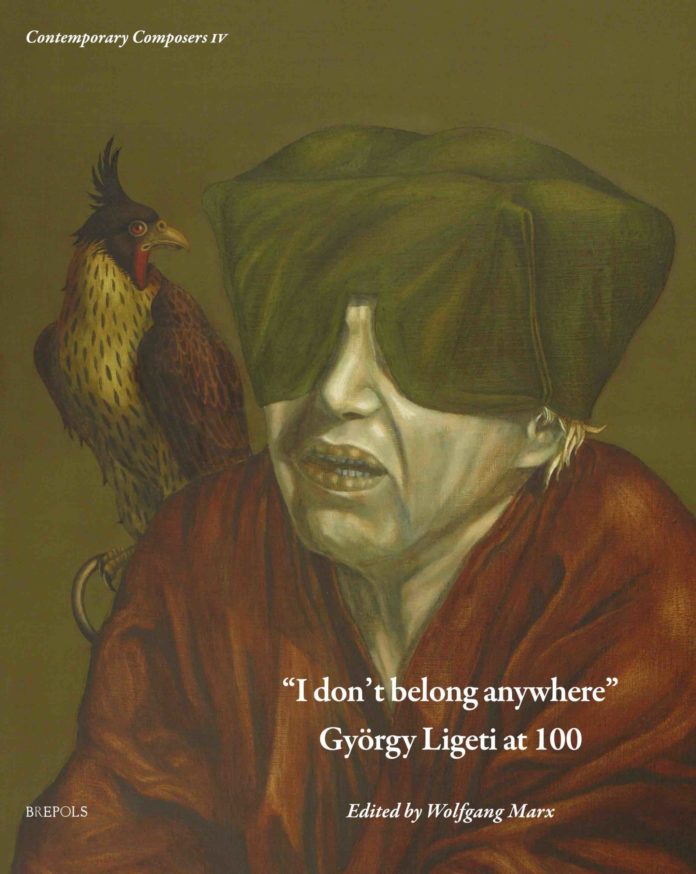edited by Wolfgang Marx, Turnhout, Brepols, 2022 (Contemporary Composers, 4), pp. xii+288, ISBN 978-2-503-60240-0.
—
The present volume has been made possibile by the friendly support of the Ernst von Siemens Music Foundation
—
2023 marks the centenary of Ligeti’s birth. This appears to be an appropriate moment to take stock of the relevance this composer has in the contemporary world, to assess where he “belongs” today and how our views of his œuvre and our understanding of his position in musical and cultural history have evolved.
What do Ligeti and his music have to say to us in our post-postmodernist age? Why do his works still fascinate us so much?
This book offers new readings of core compositions such as Aventures, Lontano, Le Grand Macabre, the Hölderlin Fantasies and Galamb borong. It also reassesses the context and reception of Ligeti’s works, including the influence of Romanian music (not least in his childhood), musical life in Hungary between 1945 and 1956, the ways in which his thinking was influenced by his experience of different soundscapes, yet also the surprisingly widespread use of his music in film and TV (beyond the usual suspect).
Finally it presents new sources discovered or made available only recently: letters exchanged between Ligeti and Aliute Mecys in 1972, the correspondence between the composer and his publisher Schott, and an extended BBC interview from 1997.
Wolfgang Marx is Associate Professor in Musicology at University College Dublin. His main research interests include György Ligeti, the representation of death in music, post-truth and music, and the theory of musical genres. He is co-editor of György Ligeti: Of Foreign Lands and Strange Sounds (2011) and has published on Lontano, the Nonsense Madrigals, the concept of death in Ligeti’s music, the impact of cultural trauma on his style, and the composer’s prose writings.













